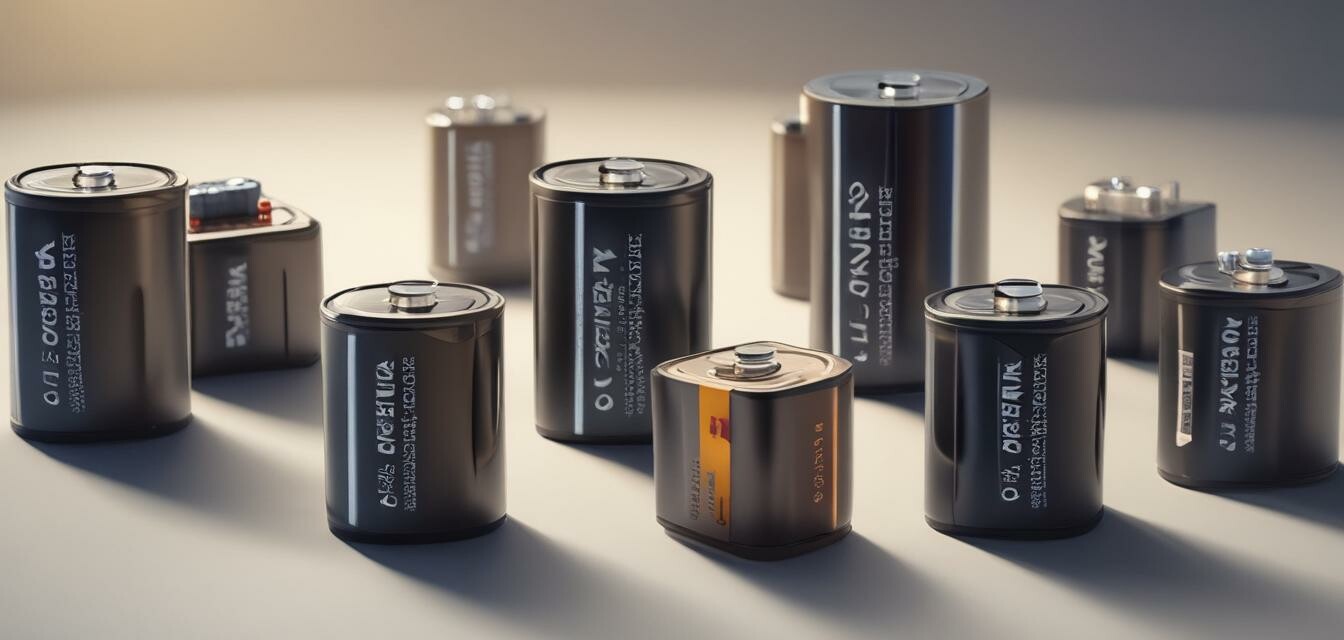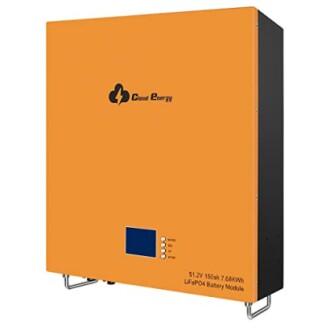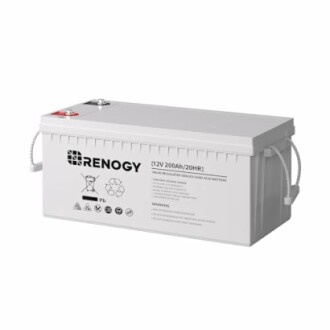
Understanding Different Types of Battery Storage for Solar Systems
Key Takeaways
- Different battery technologies have distinct characteristics and suitable applications.
- Lithium-ion batteries have a longer lifespan and higher performance compared to traditional lead-acid batteries.
- Understanding your energy needs and usage is crucial in choosing the right battery for your solar system.
Solar energy has become a popular solution for individuals seeking energy independence. One of the crucial components of a solar system is battery storage, which allows you to store excess energy for use during low-light periods or outages. In this article, we will break down various types of battery technologies available for solar storage and their suitability for off-grid applications.
Types of Batteries for Solar Systems
When it comes to battery storage for solar systems, there are primarily three types of batteries: Lead-Acid, Lithium-ion, and Flow batteries. Each has its own pros and cons, making them suitable for different needs and setups.
| Battery Type | Cycle Life | Depth of Discharge (DoD) | Efficiency | Cost |
|---|---|---|---|---|
| Lead-Acid | 200-500 cycles | 50-60% | 70-80% | Low |
| Lithium-ion | 2000-7000 cycles | 80-100% | 90-95% | Higher |
| Flow | 10,000+ cycles | 100% | 80-90% | Variable |
1. Lead-Acid Batteries
Lead-acid batteries have been the traditional choice for energy storage. They are well-established and widely used in various applications. However, they do come with limitations:
Pros
- Inexpensive compared to other technologies.
- Durability and robustness.
- Well-suited for applications where deep discharge is not needed frequently.
Cons
- Lower cycle life.
- Not suitable for daily deep cycling.
- Heavy and bulky, making installation more challenging.
2. Lithium-ion Batteries
Lithium-ion batteries are gaining popularity due to their impressive performance and longevity. They are ideal for a wide variety of applications, including residential solar setups.
48V 150Ah Wall Mounted Lithium LiFePO4 Deep Cycle Rechargeable Battery
This battery provides over 6000 deep cycles and has a built-in BMS. It's perfect for solar, RV, and off-grid applications.
Learn MorePros
- Long cycle life (2000-7000 cycles).
- High depth of discharge (80-100%).
- Lightweight and compact design.
Cons
- Higher initial cost compared to lead-acid.
- Requires a Battery Management System (BMS) for safety.
3. Flow Batteries
Flow batteries represent a newer technology that provides some unique advantages. They function by using two chemical components dissolved in liquids, which are pumped through a cell.
Pros
- Very long cycle life (up to 10,000 cycles).
- 100% depth of discharge capacity.
- Excellent scalability for large installations.
Cons
- Still in the early stages of market adoption.
- Higher complexity in installation and maintenance.
Selecting the Right Battery Storage for Your Solar System
Choosing the right battery storage for your solar system depends largely on your energy requirements and budget. Here are some factors to consider:
- Energy Needs: Assess your energy consumption to identify how much storage capacity you require.
- Budget: Determine how much you are willing to invest in battery storage.
- Space Availability: Consider the physical space available for installation, as some batteries require more room than others.
- Installation Support: Seek products with good customer support and warranties.
Renogy Deep Cycle AGM Battery 12 Volt 200Ah
A maintenance-free battery with excellent discharge performance, perfect for RVs, camping, and off-grid systems.
More DetailsConclusion
Understanding the different types of battery storage is crucial to optimizing the performance of your solar system. Whether you choose Lead-Acid, Lithium-ion, or Flow Batteries, each has its own benefits suited for various applications. We recommend considering your personal circumstances, energy needs, and budget when making a decision.
Further Reading
To learn more about solar systems, check out some of our informative articles:





